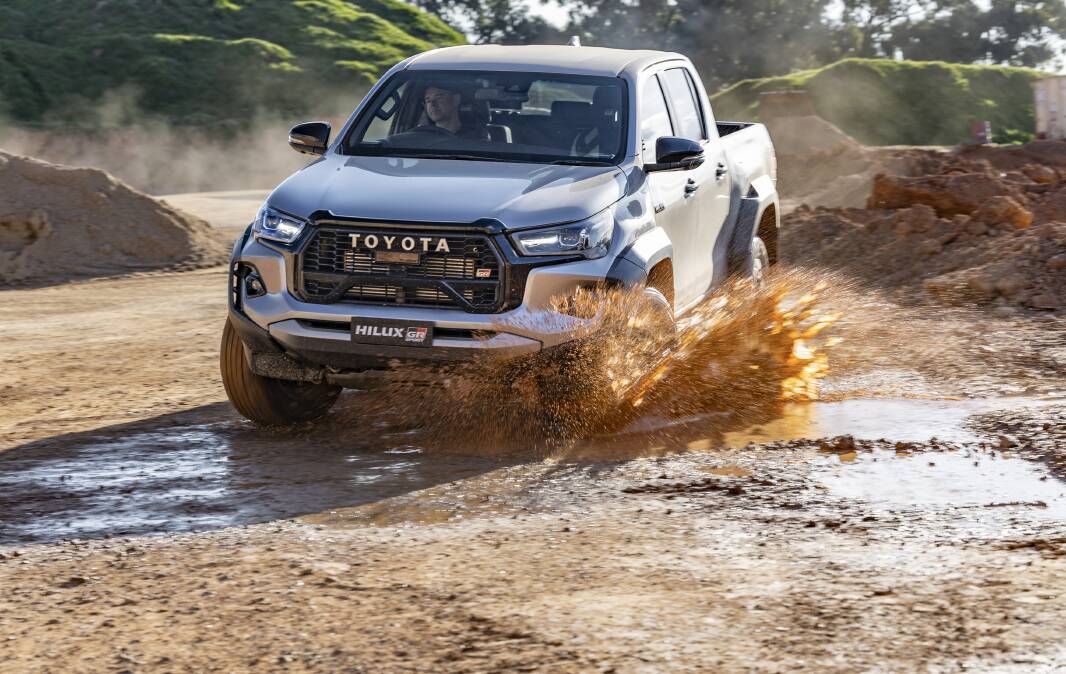Cars and small trucks in Australia emit more carbon dioxide than the coal produced in some of the biggest mines in the country, according to the Climate Council.
The environmental pressure group identifies what it calls the "filthy five" car makers "whose fleets are responsible for more climate pollution than some of Australia's biggest coal mines".
They are: Toyota, Ford, Hyundai, the partnership of Renault-Nissan-Mitsubishi, and Mazda.
"Toyota's 2023 new car sales are estimated to produce more climate pollution in a year than 46 big coal mines," the Climate Council claimed.
"Ford and Hyundai are runners up, with their 2023 Aussie sales estimated to be responsible for more climate pollution than 32 coal mines.
"Renault-Nissan Mitsubishi and Mazda close out the filthy five with estimated climate pollution greater than 26 dirty coal mines and 20 of these climate wrecking facilities, respectively."
Annual emissions from coal mines and Toyota
- Toyota: 547,919 tonnes of CO2
- Narrabri underground mine: 519,704 tonnes of CO2
- Hunter Valley Energy Coal: 503,403 tonnes of CO2
- Peak Downs Mine: 448,709 of CO2
- Saraji Mine: 355,882 tonnes of CO2
- Source: Climate Council
The allegation comes as the government pushes forward with a "New Vehicle Efficiency Standard" under which each car maker would have a cap on the total carbon dioxide emissions from the new cars it produced in a year. Companies would have to balance their sales of high-emitting vehicles with low-emission alternatives.
"The US, the UK, Canada, Japan, South Korea, the EU, NZ and China all have a NVES in place. Australia, along with Russia, is one of the only advanced economies to not have a NVES in place," the government's consultation document says.
The government's intention is to put the scheme into operation at the start of 2025.

Last week, Toyota Australia warned that the proposed time-table was "too quick" and "aggressive".
It has just unveiled an electric vehicle for the Australian market but said it would need more time to reduce emissions from the rest of its fleet to meet Australia's proposed fuel-efficiency rules in less than a year.
The Climate Council accused car makers of dragging their feet.
"They've used Australia as a dumping ground for their most polluting vehicles for years, while offering more efficient vehicles in countries that have regulation," the council's chief executive, Amanda McKenzie, said.
"That's why Australian vehicles use 20 per cent more petrol than American vehicles, which we pay for with our well being and at the hip pocket. In fact more Australians die from air pollution than in road accidents."







